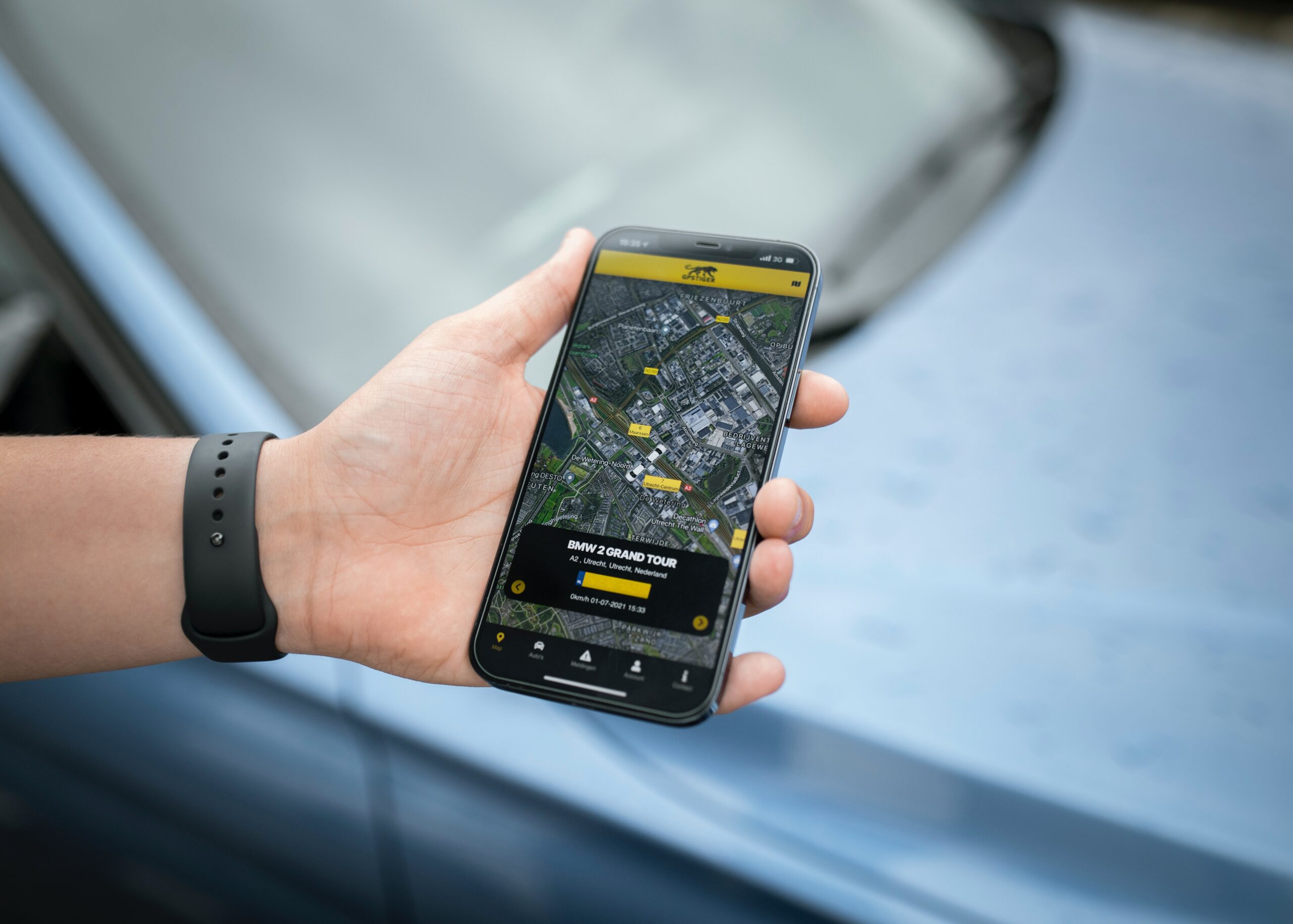Welcome to the era of connected transportation and logistics, where the Internet of Things (IoT) is reshaping the industry. In this article, we’ll delve into the captivating world of IoT applications in transportation and logistics. From optimizing supply chain operations to enhancing fleet management, IoT is revolutionizing the way goods are transported and delivered.
The Connected Fleet: Enhancing Efficiency and Safety

Embrace the power of connectivity as we explore how IoT is transforming fleet management. Discover how sensors, GPS tracking, and real-time data analytics are revolutionizing vehicle maintenance, fuel efficiency, and driver safety. Witness how predictive maintenance and intelligent routing algorithms are streamlining operations, reducing costs, and ensuring timely deliveries.
Smart Inventory Management: From Warehouse to Destination
Unlock the secrets of smart inventory management systems empowered by IoT. Dive into the realm of smart sensors and RFID technology, allowing real-time monitoring of goods throughout the supply chain. Learn how IoT-enabled inventory management minimizes stockouts, reduces wastage, and optimizes order fulfillment, ensuring seamless product flow from the warehouse to the destination.
Real-time Tracking and Traceability: From Source to Shelf
Experience the power of real-time tracking and traceability in the transportation and logistics industry. Discover how IoT devices and sensors enable end-to-end visibility, ensuring transparency and accountability. Explore how blockchain technology complements IoT, creating an immutable record of each product’s journey and revolutionizing supply chain traceability.

Intelligent Warehousing: Automation and Optimization
Step into the world of intelligent warehousing, where IoT-driven automation optimizes operations. Explore the role of IoT-enabled robots, drones, and smart shelves in streamlining order picking, inventory management, and warehouse layout optimization. Witness how data-driven insights and machine learning algorithms enhance operational efficiency and reduce human errors.
The Future of Last-Mile Delivery: From Drones to Autonomous Vehicles
Uncover the innovative solutions that IoT brings to last-mile delivery challenges. Delve into the exciting realm of autonomous vehicles, delivery drones, and smart lockers. Explore how IoT-driven technologies are redefining convenience, speed, and customer satisfaction in the final leg of the supply chain.
Conclusion:
As we conclude our exploration of IoT applications in transportation and logistics, it’s evident that the future of the industry is intertwined with the power of connectivity. The transformative potential of IoT in optimizing operations, improving efficiency, and enhancing customer experiences cannot be understated. Embrace the IoT revolution and embark on a journey towards a smarter, more connected transportation and logistics ecosystem.
FAQs
1. How does IoT enhance fleet management in the transportation industry?
IoT transforms fleet management by leveraging sensors, GPS tracking, and real-time data analytics. It optimizes vehicle maintenance, fuel efficiency, and driver safety through predictive maintenance, intelligent routing algorithms, and real-time monitoring. This improves operational efficiency, reduces costs, and ensures timely deliveries.
2. What role does IoT play in inventory management for transportation and logistics?
IoT-enabled inventory management systems utilize smart sensors and RFID technology to enable real-time monitoring of goods throughout the supply chain. This minimizes stockouts, reduces wastage, optimizes order fulfillment, and ensures seamless product flow from warehouse to destination, enhancing overall efficiency.
3. How does IoT enable real-time tracking and traceability in transportation and logistics?
IoT devices and sensors provide end-to-end visibility, enabling real-time tracking and traceability. Combined with blockchain technology, IoT creates an immutable record of each product’s journey, ensuring transparency and accountability. This revolutionizes supply chain traceability and helps in addressing quality control and compliance issues.
4. What are the benefits of intelligent warehousing powered by IoT?
Intelligent warehousing leverages IoT-driven automation, including robots, drones, and smart shelves. It streamlines order picking, inventory management, and warehouse layout optimization. Through data-driven insights and machine learning algorithms, intelligent warehousing enhances operational efficiency, reduces human errors, and improves overall productivity.
5. How is IoT shaping the future of last-mile delivery in transportation and logistics?
IoT-driven technologies such as autonomous vehicles, delivery drones, and smart lockers are transforming last-mile delivery. These innovations offer greater convenience, speed, and customer satisfaction. By leveraging IoT, companies can optimize routes, reduce delivery times, and provide seamless experiences, revolutionizing the final leg of the supply chain.

